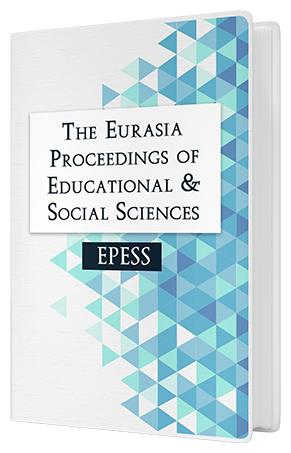Educating for Democracy? The Case of the Lebanese Elementary ESL Classrooms
Keywords:
Education for democracy, ESL classes, Basic education, Implicit or hidden curriculumAbstract
The main purpose of this study is to find out if the elementary schools in Lebanon are educating for democracy. In particular, it aims to determine whether or not the ESL classrooms are preparing young citizens to live in a democratic society in the future. The data was collected from: a) classroom observations, b) analysis of the Lebanese National ESL Curriculum, launched by CERD in 1997, c) social-media conferencing with a focused group of 31 elementary and intermediate ESL teachers, d) a questionnaire addressed to that focused group teachers, and e) five meetings with the trainers. The study targeted grades 1 through 6 of Basic Education in schools in different regions of Lebanon. The research study is qualitative in nature, yet it includes a quantitative aspect to triangulate the data. This design enables the researcher to formulate an informed opinion about teachers’ attitudes, behaviors and practices. The Lebanese National ESL Curriculum and the literature on educating for democracy help provide the theoretical framework for the aforementioned variables. Results indicate that democracy prevailed in only very few instances. Recommendations for some instructional practices and teachers’ attitudes and behaviors that help sustain a democratic atmosphere in the English language classroom are highlighted.Downloads
Published
Issue
Section
License
Copyright (c) 2019 The Eurasia Proceedings of Educational and Social Sciences

This work is licensed under a Creative Commons Attribution-NonCommercial-ShareAlike 4.0 International License.
The articles may be used for research, teaching, and private study purposes. Any substantial or systematic reproduction, redistribution, reselling, loan, sub-licensing, systematic supply, or distribution in any form to anyone is expressly forbidden. Authors alone are responsible for the contents of their articles. The journal owns the copyright of the articles. The publisher shall not be liable for any loss, actions, claims, proceedings, demand, or costs or damages whatsoever or howsoever caused arising directly or indirectly in connection with or arising out of the use of the research material. All authors are requested to disclose any actual or potential conflict of interest including any financial, personal or other relationships with other people or organizations regarding the submitted work.




